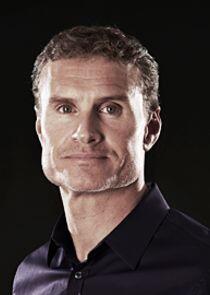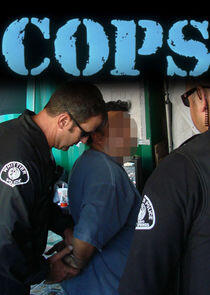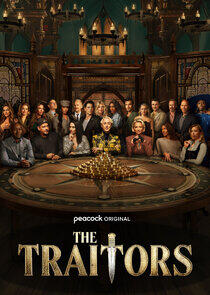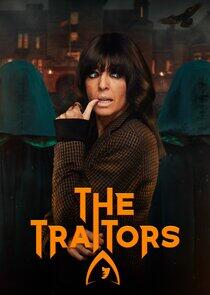
David Coulthard
Born and raised in Scotland, Coulthard began karting at the age of eleven and achieved early success before progressing to car racing in the British Formula Ford Championship and the Formula 3000 series. He first drove in Formula One with Williams in the 1994 season succeeding the late Ayrton Senna. The following year he won his first Grand Prix in Portugal, and then for the 1996 season he moved to McLaren. After winning two races in the 1997 season, he finished 3rd in the World Drivers' Championship in the 1998 season.
He won five races during 1999 and 2000 before finishing second in the Drivers' Championship to Michael Schumacher in 2001. Two more victories followed between 2002 and 2003 before he left McLaren at the end of 2004. He moved to Red Bull in 2005 and secured their first podium a year later. Coulthard retired from Formula One at the end of 2008, having achieved 13 wins, 12 pole positions, 18 fastest laps and 62 podiums.
After retiring from Formula One, Coulthard continued working with Red Bull as a consultant and joined the BBC as a commentator and pundit for their coverage of Formula One. He returned to active motorsports in 2010 joining Mücke Motorsport in DTM and retired at the end of 2012. Coulthard has also participated in the Race of Champions, finishing runner-up in the Drivers' Cup in 2008, and winning the competition in 2014 and 2018. Since 2016 he has worked as a commentator and analyst for Channel 4 after they took over the BBC's terrestrial television rights. In 2022, he joined the Nordic streaming service Viaplay. There he appears during Formula One race weekends as a reporter and expert commentator alongside Mika Häkkinen and Tom Kristensen.
In 2019, he was elected president of the British Racing Drivers' Club (owner of Silverstone Circuit).
Biography from the Wikipedia article David Coulthard. Licensed under CC-BY-SA. Full list of contributors on Wikipedia.
Known For
Recently Updated Shows

Cops
COPS follows police officers, constables, and sheriff's deputies during patrols and various police activities by embedding camera crews with their units. The show's formula adheres to a classic cinéma vérité ethos. With no narration or scripted dialog, it depends entirely on the commentary of the officers and on the actions of the people with whom they come into contact.

The Traitors
Set in a remote castle in the Scottish Highlands and based on the wildly popular Dutch series of the same name, 5-time Emmy-nominated Alan Cumming plays host to twenty larger-than-life personalities (including reality A-listers and America's best game players) who come together to complete a series of challenges with the objective of earning a cash prize of up to $250,000. The catch? Three of the contestants coined "the traitors" will devise a plan to steal the prize from the other contestants coined "the faithful".

The Traitors
Nail-biting psychological competition where 22 strangers play the ultimate reality game of detection, backstabbing and trust, in the hope of winning up to £120,000.

Canada's Drag Race
Competing for the title of Canada's Next Drag Superstar, and a $100,000 grand prize, Canada's Drag Race tracks Canadian drag artists as they vie for the title of "Canada's Next Drag Superstar." Each episode tests their limits by having them compete in singing, dancing, acting, impersonation, design, and improvisation challenges. Competitors are eliminated until one queen is left standing with the crown, scepter, and coveted title. Throughout their journey to the crown, the queens showcase the importance of celebrating everyone's Charisma, Uniqueness, Nerve, and Talent.

